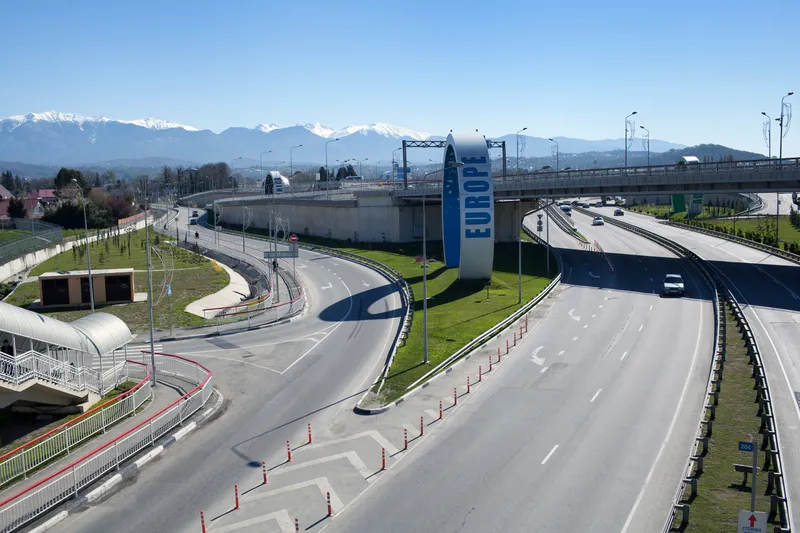Chile’s highway development programme is crucial to the country’s future economic growth. That is the finding of a study by the OECD. According to the report, a 27% increase in highway development is required around Chile’s around cities and ports by 2030. This is because Chile's economy relies heavily on exports. However, a possible hold-up could come from delays facing key highway projects at present. In particular, delays due to environmental assessments are holding back progress with three transport link projects. The projects have already been awarded to concessionaires. Work on the US$870 million Americo Vespucio Oriente highway has been delayed for 37 months as the project has yet to receive an environmental permit. Work on the $130 million New Industrial Bridge over the Biobío River has been delayed by 28 months while work on the $120 million El Melon Tunnel has been delayed by 10 months. The Chilean Chamber of Construction (CChC) has voice its criticisms of the environmental assessment process as it does not have any specific time limits. Instead the CChC has called for better coordination between State bodies.
Chile’s highway plans crucial for economy
Chile’s highway development programme is crucial to the country’s future economic growth. That is the finding of a study by the OECD. According to the report, a 27% increase in highway development is required around Chile’s around cities and ports by 2030. This is because Chile's economy relies heavily on exports. However, a possible hold-up could come from delays facing key highway projects at present. In particular, delays due to environmental assessments are holding back progress with three transport lin
May 19, 2017
Read time: 2 mins








